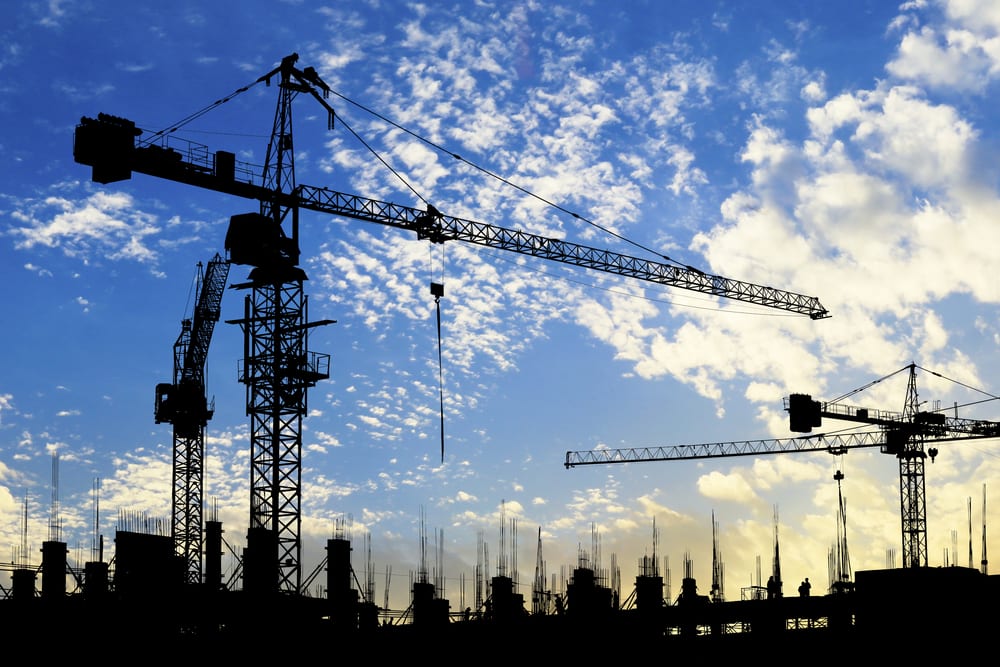Get A Quote

The Infrastructure Bill and its Impact on the Real Estate Industry
As you may have heard, Congress recently passed a $1.2 Trillion Infrastructure Bill that will most likely will lead to direct impacts on the real estate industry.
The plan, now that approved, is that throughout fiscal years 2022-2026, the majority of the funds will be directed towards investments in transportation, water, power and energy, combating environmental issues like climate change, a massive investment in broadband expansion, and public lands. So, how does all of this impact the real estate industry?
According to a statement made by the President of the National Association of Realtors (NAR), “NAR is encouraged by the bipartisan support for the infrastructure bill. We supported many elements of this legislation, including significant investment in the power grid, managing climate risks, and repairing and replacing aging roads, bridges, ports, airports, and railways. These improvements will make communities more resilient and sustainable.”
When it comes to real estate, the strength in the communities—and the homes within them—is imperative. Some communities throughout the country already meet high standards in the areas this bill will support. But there are many more that don’t. Improving these areas will increase not only the appeal of new markets, but also allow for more “in-demand” houses to be listed.
The Infrastructure Bill’s ripple effect on real estate
One thing all real estate professionals understand is the ripple effect. For example, your client upgrades their kitchen and sees how much more they can ask for, so they decide to do some new landscaping too. Then the neighbor across the street decided to do their yard and also add on a new roof. In fact, the effects of something as small as changing the wording in a listing can have a ripple effect in the final sale of the home. It’s no surprise the new infrastructure bill is predicted to do the same.
Here are some areas the bill could impact real estate in the future:
- Builders and developers will be able to utilize modern amenities in many rural development areas.
- People that work from home will now be able to move out of the city but still have the Internet and technology capabilities to do their job efficiently. According to breakthroughbroker.com, “The Infrastructure Bill includes a $65 billion investment dedicated to expanding broadband access for less populated areas and low-income families. This could make rural areas more accessible for real estate developments. The $65 billion will also help integrate WiFi networks into apartment buildings and provide internet access in tribal land.”
- Traffic pattern changes: Some communities may be struggling with backed up traffic—making them less than ideal for new buyers. With this improved, these communities may become much more appealing.
- Many residential neighborhoods will see updates and improvements to their bridges and buildings. This can be a huge selling point to potential buyers.
- Boost interest in investment properties in both the residential and commercial spaces
While the new Infrastructure Bill will take years to implement, and much work is still to be done, it’s important for savvy real estate professionals to keep an eye on the communities in their market that may see benefit from these changes—and use it to your advantage. Be the first to showcase the changes or potential benefits to your prospects or clients.
Velocity Title moves your business forward
Velocity Title supports the real estate industry with a comprehensive line of title services that add value to each and every transaction. At Velocity, you’re more than just a number. With a focus on the best CUSTOMER EXPERIENCE, Velocity Title incorporates leading title TECHNOLOGY and EXPERTISE into every transaction—enabling the final step in the home buying process to be EASY, EFFICIENT and INFORMATIVE. To learn more, click here or contact us today!



